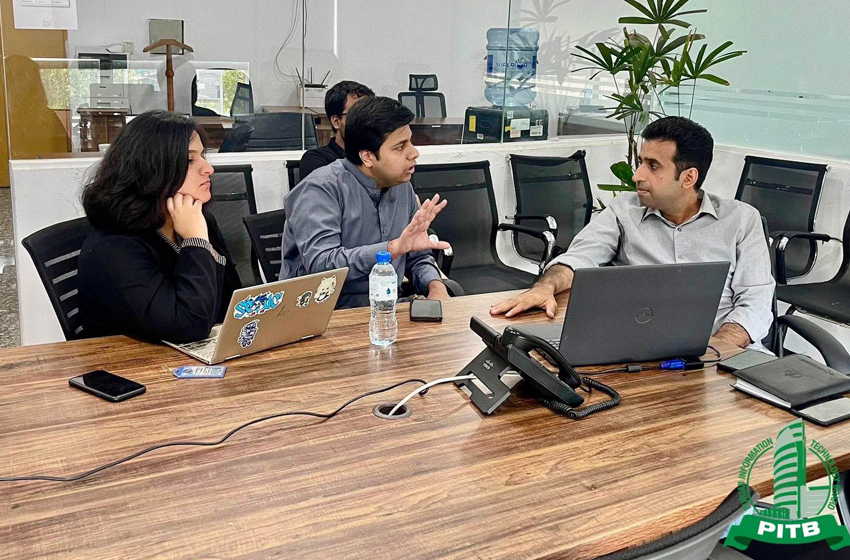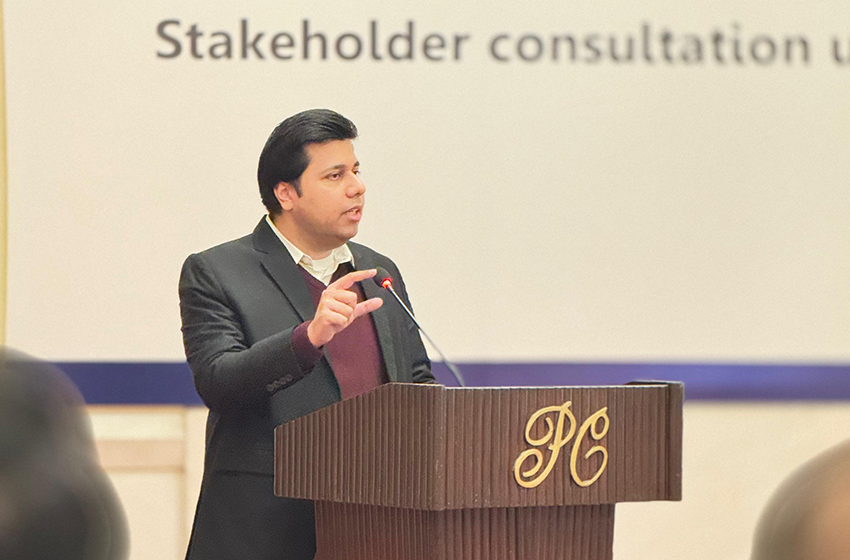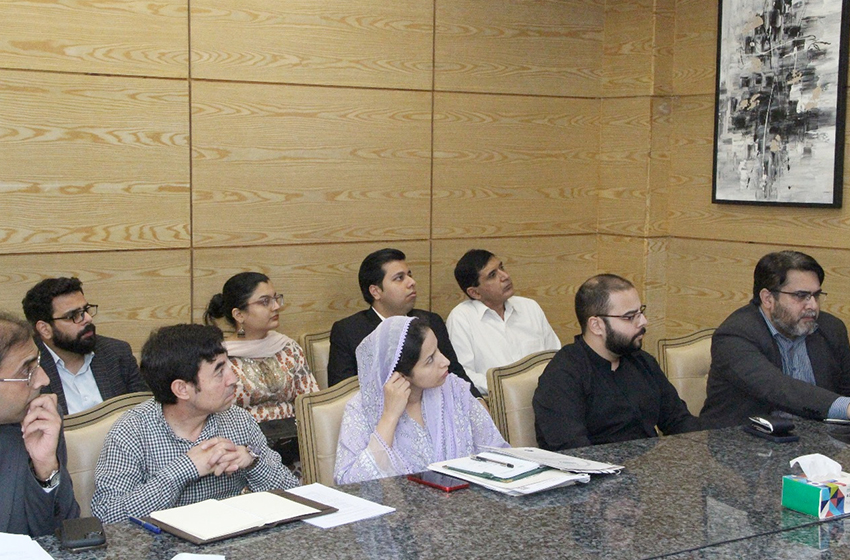PIM Project
During FY 2024 -25 , the PRIDE-funded Public Investment Management (PIM) reform programme in Punjab reached several critical milestones. TPI, in collaboration with OPM, successfully completed a comprehensive design for an end-to-end digital workflow connecting strategic formulation to post-completion evaluation across the province’s development life-cycle through P&DB.
Extensive stakeholder engagement included over 40 cross-agency consultations with entities such as PITB, DGM&E, BOS, PERI, Finance, AG Punjab, CGA, and the perspective of line departments—culminating in an Assessment Report that thoroughly mapped existing systems—including SMDP, e-Procurement, e-FOAS, HRMIS, and PIFRA—and identified crucial integration gaps.
Leveraging these insights, the team developed entity-relationship and data-flow diagrams, detailed wireframes, and a tentative re-envisioning of the overall design—advocating for modular workflow automation, the creation of a central asset registry, and enhanced public-facing dashboards. A proof of concept dashboard demonstrated unified tracking of both financial and physical progress, from provincial strategy setting to the Medium-Term Development Framework (MTDF) prioritis ation, all the way to PC-V impact reporting.
This digital vision, showcased to senior leadership at Punjab Secretariat, including the Planning Minister Mariyum Aurangzeb, was met with endorsement for its potential to institutionalis e sustainable practices beyond individual tenures.
KP Speed Project
Over the past fiscal year, significant strides have been made in the KP SPEED project, particularly in its Facility-Level Budgeting (FLB) and Fixed Asset Management (FAM) components. The TPI team engaged extensively with stakeholders from the Departments of Health and Education, Planning and Development, KP Finance Department, and KPITB, conducting thorough process mapping and assessments. The interactions identified critical bottlenecks and inefficiencies in existing budgeting and asset management practices, highlighting the need for decentralis ation, systematic needs assessment, and improved transparency.
The completed Business Process Reengineering (BPR) report has outlined clear pathways for reform, fully aligned with recently approved provincial policies and guidelines. It advocates for empowering facility managers, decentralis ing budgeting processes, and implementing the Facility-Level Budgeting (FLB) system through an e-App that enables comprehensive planning, budgeting, expenditure management, and reporting at the facility level. Additionally, it recommends the adoption of a standardis ed Asset Management Information System (AMIS). Both systems aim to enhance transparency, accountability, and efficiency, supported by targeted capacity-building for local stakeholders.
Following extensive stakeholder consultations, consensus was reached during the recent Design Review Committee meeting. Although stakeholders requested minor adjustments, these have been documented and will be incorporated in the finalis ed Software Requirement Specifications (SRS) and Functional Requirement Specifications (FRS) for both systems.
These comprehensive documents set the stage for the next critical phase: developing digital solutions designed to enhance transparency, accountability, and efficiency in public financial management.
SNG PIFRA Analytics Project
In collaboration with the Government of Punjab’s Finance Department and the Sub National Governance Programme (II), TPI successfully delivered the ‘ Dynamic Financial Data Analytics for Policy and Governance’ pilot. This transformative project addressed long-standing inefficiencies in Punjab’s public financial management, particularly the underutilis ation of SAP financial data for evidence-based decision making.
The core objective was to develop an integrated, web-based analytics dashboard capable of real-time budget tracking, fiscal forecasting, and automated reporting. TPI engaged in a co-design process with key government stakeholders to create an adaptable system for day-to-day usage. By replacing error prone, manual Excel processes with dynamic, visualis ed data, the dashboard has markedly improved operational efficiency and transparency in budget planning.
After successfully handing over to the Finance Department, the system has begun integration into departmental workflows and is now undergoing an extension for further financial analytics and being adapted for use by the Agriculture Department. Its modular architecture enables further evolvement of the system as the government continues to improve their workflow processes. The project exemplifies innovative reform and stands as a model for scalable, sustainable digital transformation within the public sector.
AI-Driven Redaction for Pakistan Customs
TPI’s work with Pakistan Customs concerns the implementation and enhancement of their defacing module. This module works to anonymize sensitive information in documents uploaded by importers or agents. The goal was to allow customs officers to perform their checks without ever seeing personal details, such as names or addresses, in the documents they handle. TPI is using advanced multimodal large language models (LLMs) to digitis e and anonymize these documents, automatically removing any personally identifiable information (PII). Furthermore, it includes built-in validation checks to verify document integrity and detect any discrepancies. The TPI team tackled with the complexity of using open-source models deployed on-premise, to provide an additional layer of security and control. It ensures that the hat sensitive data stays within the organis ation's environment. It’s a step forward in modernis ing Pakistan Customs and making their operations more efficient and secure.
Technical Assistance to Samsung Innovation Campus
TPI provided advisory support to Bramerz in the design and implementation of the Samsung Innovation Campus (SIC)—an Artificial Intelligence (AI) course aimed at enhancing the career prospects of university graduates. The programme focused on upskilling students, offering mentorship opportunities, and connecting them with industry leaders.
TPI offered technical input on curriculum development and guided instructors on effective course delivery. It also monitored curriculum quality and addressed any emerging issues or challenges. In addition, TPI conducted mentorship sessions, facilitated industry exposure through organised visits, and supported students’ career development by helping with portfolio building, networking opportunities, and job placements.




